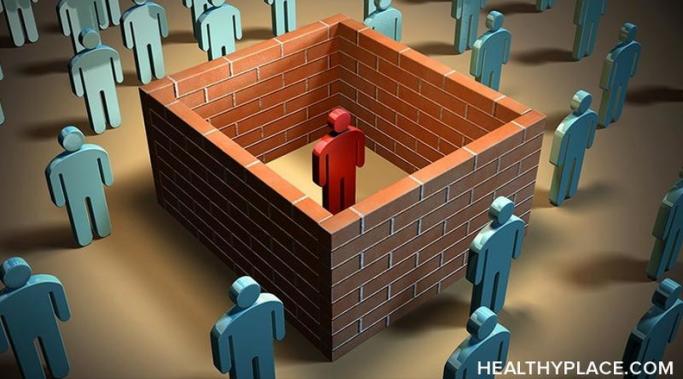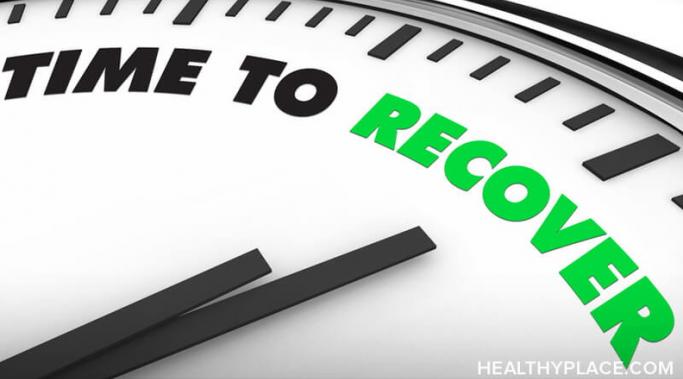Conversations about your sex addiction are almost always a daunting task, but the conversations take on even higher stakes when you're confessing your secret sins to your family members. Some sex addicts keep their taboo desires and habits hidden from their loved ones for years or even decades; while others, like myself, choose to go all in and tell their family only a few months into the madness of active addiction. The conversations about sex addiction are never easy, but in my opinion, they can be extremely helpful in creating a healthy, transparent space with the people you love most.
Addiction Support
We all cope with life differently, so how does one know when their beloved coping skill has manifested into a full-blown, unhealthy addiction? I believe most of us have our own unofficial list of coping skills that we turn to after (or during) a particularly unpleasant day. For some of us, a staple coping mechanism might be a hot bubble bath and for others, their nightly routine could include a chilled glass of wine while binge-watching their favorite sitcom. So how far is too far, and what transforms a harmless coping skill into an unhealthy life choice, or worse, an addiction?
Suicidal ideation is a concept I've grown to be incredibly close to in my addiction recovery journey. Most people sweep suicidal ideation into the same categories as suicidal thoughts or even suicidal attempts, however, it's not quite the same as either of those. Think of suicidal ideation as the "monster before the monster," it's not quite to the level of building a plan or constructing thoughts together, but it's pretty close. In my addiction recovery, suicidal ideation has been a constant battle to face, and for the longest time, I didn't even know or understand the severity of it. (Note: This post contains a trigger warning.)
In my observation, nearly every individual in addiction recovery has either heard of or experienced the 12-step groups or the 12-step curriculum. Some recovering addicts swear by 12-step practices and principles and other addicts convulse at the thought of attending a 12-step group meeting to share their feelings with a bunch of addicted strangers. I feel that I have a rather unique perspective on the 12-step model because while I don't actively participate in every principle and policy they suggest, I have developed a deep respect and admiration for the community as a whole and what they represent.
As a recovering addict, I have been fortunate enough to encounter many methods of recovery, including but not limited to the 12-step group for sex addiction. I first found my way to the most common group options like Alcoholics Anonymous (AA) and Narcotics Anonymous (NA), and eventually, I discovered the variety of sex addiction-related 12-step groups available. After spending plenty of time in the 12-step group world, I can honestly say that I'm abundantly grateful for the recovery work they do within the community. However, I cannot give 12-step groups all the credit in regards to my recovery experience and maintaining sobriety.
I spent most of my time in active addiction fearful of what others would think about me; but when I slowly began to open up about my sex addiction, I was incredibly surprised by the reactions I received from people. Some individuals pleasantly surprised me with their love and support, others made me feel like a piece of garbage, and a few of them completely creeped me out. Nonetheless, I am grateful I finally spoke up about my sex addiction, because I know now that the reactions from other people (even people I love) don't get to define me.
The crippling stigma of female sex addiction is just one of many hurdles women must conquer on the road to recovery. Sex addiction, like many addictions, weaves it's way into the most intimate areas of your personal life, particularly in your personal relationships. The stigma and unfair shame that accompanies sex addiction have been some of the most brutal aspects I've had to face in recovery, especially as a female sex addict.
It can be difficult to stay sober over the holidays because they're so stressful. But family dynamics, crazy in-laws, and unfulfilled expectations don’t have to threaten your sobriety. Be proactive and have a plan for surviving the holidays in addiction recovery. You can make it through this season with your sobriety intact. Here are five tips to help you stay sober over the holidays and into 2018.
Anyone can help stop the stigma of substance abuse. A major obstacle to addiction recovery, stigma, is a set of negative beliefs that a group or society holds about a topic or group of people. Stigma results in prejudice, avoidance, rejection, and discrimination against people who have a socially undesirable trait such as drug abuse or addiction. In my own recovery process, I felt the stigma of substance abuse and it kept me from seeking help for many years.
The first 90 days of addiction recovery are often the most critical. It is during these first few months that most relapses occur. You are very new to recovery, and even though you may have learned a lot about coping skills and relapse prevention if you went to treatment, you have not yet had the opportunity to put it into practice in your life away from rehab. Becoming comfortable at home without your drug of choice is something that takes time and patience, so it’s important to have a relapse prevention plan of action during these first 90 days of addiction recovery.









